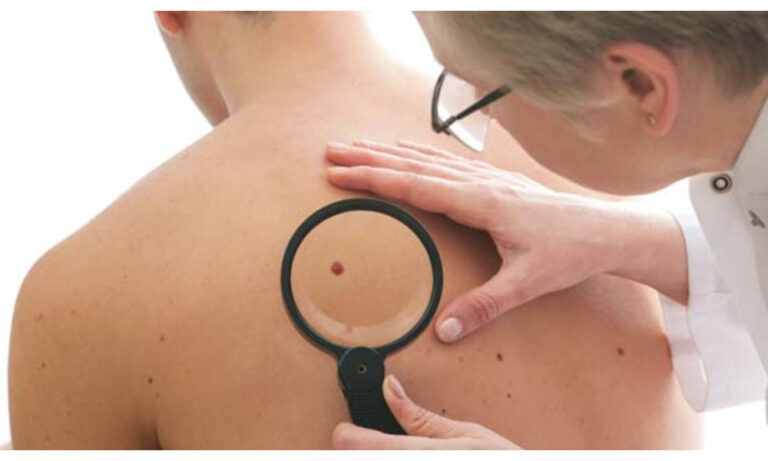
As people grow old, their bodies undergo various changes, and taking care of oral health becomes increasingly important. Bad oral health results in many health problems other than just dental ones. The elderly population faces various oral health complications that seek immediate medical attention and care.
Fortunately, due to advancements in the dental field, these problems are easy to combat. Seniors can ensure good dental health through routine checkups at a good Dentist in Bristol, Connecticut, maintaining daily oral hygiene, and sticking to a proper diet plan. That being said, here are some of the common dental issues that affect the older population.
Dental issues that affect older people
- Tooth decay.
One of the most common dental problems in older adults is tooth decay. When a tooth decays, the outermost layer, called the enamel, breaks down and exposes the layer beneath it, the dentin. The exposure of the dentin to the microbes in your mouth results in pain, sensitivity, and cavities. To avoid a painful trip to your dentist, brush your teeth twice daily with fluoride toothpaste, use mouthwash, and floss.
- Gum disease.
Gum disease is a serious health problem in older adults, and it can lead to severe dental issues such as bleeding gums and even tooth loss. The worst part is that most people do not realize they have gum disease until the problem has progressed since the symptoms are not always obvious. They might only show up and cause discomfort when the disease is already advanced. Therefore, regular dental checkups become crucial to prevent any gum disease.
- Tooth loss.
Tooth loss is another common dental problem faced by the majority of adults. It results due to neglected oral health, untreated tooth cavities, and gum disease. Teeth loss can affect an individual’s daily life in several ways, such as problems in speaking and eating, and might impact one’s confidence. Thanks to modern dentistry, such loss can be covered through dental implants, bridges, and dentures.
- Dry mouth.
A dry mouth is a condition where there is less production of saliva. It is a common problem found in seniors. Certain medications and oral health conditions can often lead to dry mouth conditions. Saliva is necessary for your mouth as it washes away the food particles and prevents decay. Less production of saliva can result in gum disease and cavities. Drink an adequate amount of water, stay hydrated, and avoid tobacco products to prevent dry mouth.
If you have been experiencing pain, discomfort, or bleeding in your mouth, it is time to book an appointment with the dentist. Delaying a check-up when you have a toothache can potentially escalate problems.




